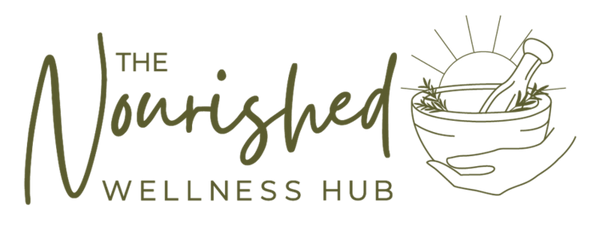Everyone’s perspective on health may change depending on their individual circumstances. Whilst health is commonly described to be free of illness, disease or injury, this will vary for each individual. ‘There is no one way that you can define health’.
When it comes to nutrition and health, there are many factors that are considered to make an assessment on someone’s health such as –
- Health as psycho-social wellbeing, how is your mental health? Do you feel happy?
- Health as function, are you able to take on everyday tasks such as cooking, cleaning and exercise?
- Health as social relationships, do you maintain healthy friendships? Do you help others, and does it bring you joy?
- Health as a behaviour, how are your energy levels? Does tiredness and fatigue slow you down? Can you manage to stay enthused for work related tasks?
- Health as physical fitness, does your internal health shine through on the outside, eg. Hair and eyes? Do you feel physically capable?
- Health as a reserve, how does your immune system cope when you get sick? Can you bounce back relatively quickly or are you staying sick for longer?
- Health as ill/not diseased, are you free of illness and disease? Do you feel healthy and function well with your existing disease? Someone with an existing disease may be able to disconnect their health status from the disease they have.
Holistic Health
Learning and understanding the complexity of health and its five dimensions is significant and a great benefit for an individual so it can help you make the right choices to improve your overall health.
Social Health
Good social health requires the ability to create relationships with individuals at work, in social settings and amongst the community and maintain those healthy relationships. Communication, accountability and intimacy can all contribute to a healthy social life.
Mental Health
It is important not to confuse mental health with mental illness. When we talk about mental health, we aren’t talking about talking about the conditions associated with mental illness such as anxiety and depression and bi polar. We are talking about how your state of wellbeing is? Mental health refers to how well someone can cope with normal everyday stresses of life and if they can see their own potential within themselves.
Spiritual Health
To feel at peace and grounded within yourself and where your life is. To try and have a positive outlook on most things in life. Having spiritual awareness can help someone feel like they have purpose – therefor improving mental health.
Emotional Health
It is completely healthy to accept your feelings as they appear. Being positive, accepting and allowing self-confidence within yourself is seen to be good emotional health. Poor emotional health can lead to other health issues. Commonly poor emotional health can be really stressful on an individual, which in turn can create your immune system to be vulnerable to virus infections as well as other health issues.
Physical Health
To have strength and flexibility, to get adequate sleep and rest to recharge and recover, eliminate unwanted toxins from the body and to maintain appropriate macronutrient quantities to nourish your body. Physical health is an individual’s entire health status. Seeking help from a suitable health professional to make sure you are ingesting, digesting and absorbing exactly what your body needs.
Environmental and circumstantial situations impacting an individual’s or community’s health may be well out of their control. Factors such as income, residency and community environment may all be limited due to job opportunities. It is necessary to have a healthy balance of influencing dynamics that contribute to maintaining a healthy lifestyle.


